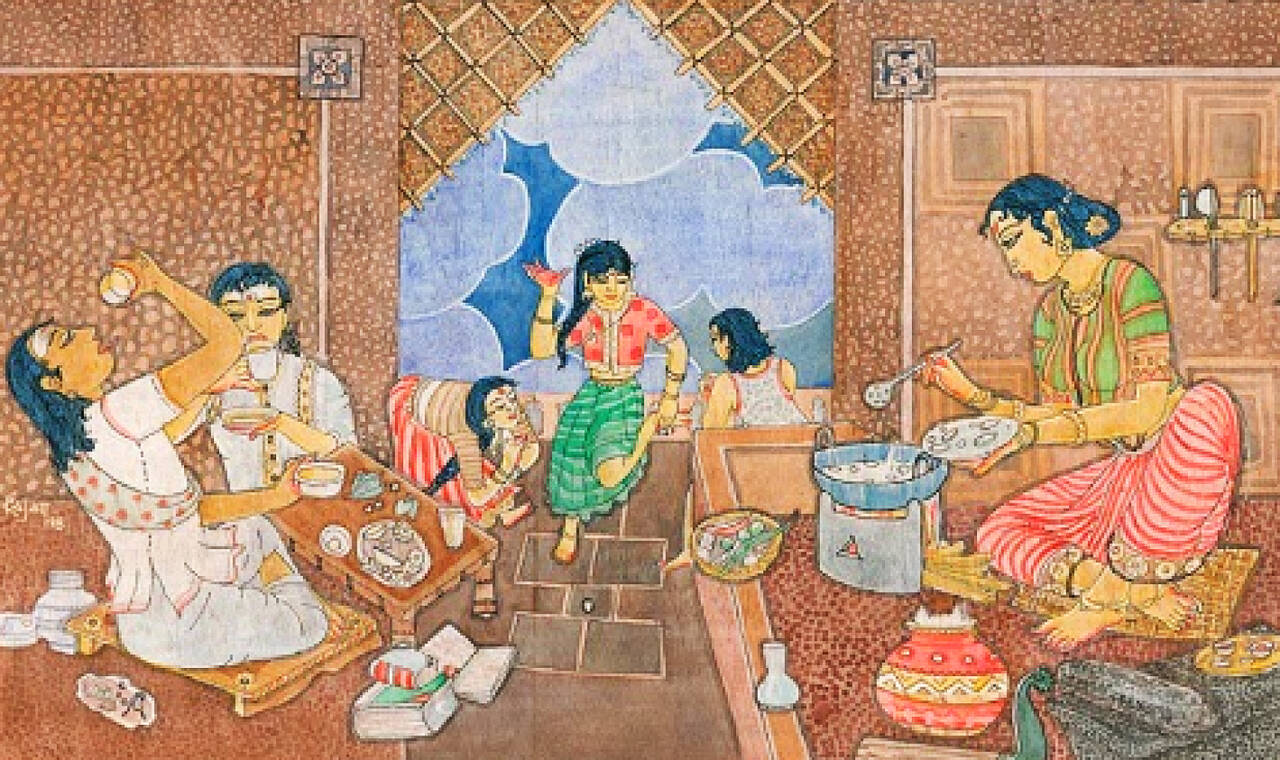priceless-stories.org – The role of women in classical antiquity, encompassing the civilizations of ancient Greece and Rome, was predominantly subordinate to that of men. This subordination was deeply ingrained in the social, legal, and cultural fabric of these societies, reflecting broader patriarchal norms that persisted throughout the ancient world.
Legal and Social Subordination
In both ancient Greece and Rome, women had limited legal rights and were considered inferior to men in both political and social spheres. For instance, in ancient Rome, women were not allowed to vote, hold public office, or participate in political life. Their legal status was also dependent on their male relatives, such as their fathers or husbands, who had the authority to make decisions on their behalf12.
Cultural and Literary Depictions
Literature from the period often reinforced the subordinate status of women. In Greek tragedies, female characters were frequently portrayed as victims or as catalysts for male-driven narratives. Figures like Antigone, Clytemnestra, and Medea, while complex and powerful in their own right, were ultimately defined by their relationships to men and their roles within the family structure3. Similarly, in Roman literature, women were often depicted as secondary characters whose primary roles were to support and serve the male protagonists2.
Naming Practices and Identity
Roman naming practices also reflected the subordinate status of women. While male citizens had three names—praenomen, nomen, and cognomen—women typically only had a praenomen and a nomen, which was often derived from their father’s nomen. This naming convention underscored the idea that a woman’s identity was tied to her male relatives rather than being an independent entity2.
Challenges to the Traditional Narrative
Despite the overwhelming evidence of women’s subordination, some scholars argue that the picture was not entirely bleak. There were instances where women exercised influence and agency, particularly in the domestic sphere. For example, in ancient Athens, women played crucial roles as wives and mothers, which were highly valued within the family structure7. However, these roles were still defined by their relationship to men and did not grant them equal status in the broader society.
Conclusion
The subordinate roles of women in classical antiquity were a result of deeply entrenched patriarchal norms that permeated all aspects of life. While there were occasional instances of female agency and influence, the overall narrative of women’s roles was one of subordination to men. This historical context provides valuable insights into the evolution of gender roles and the ongoing struggle for gender equality.
